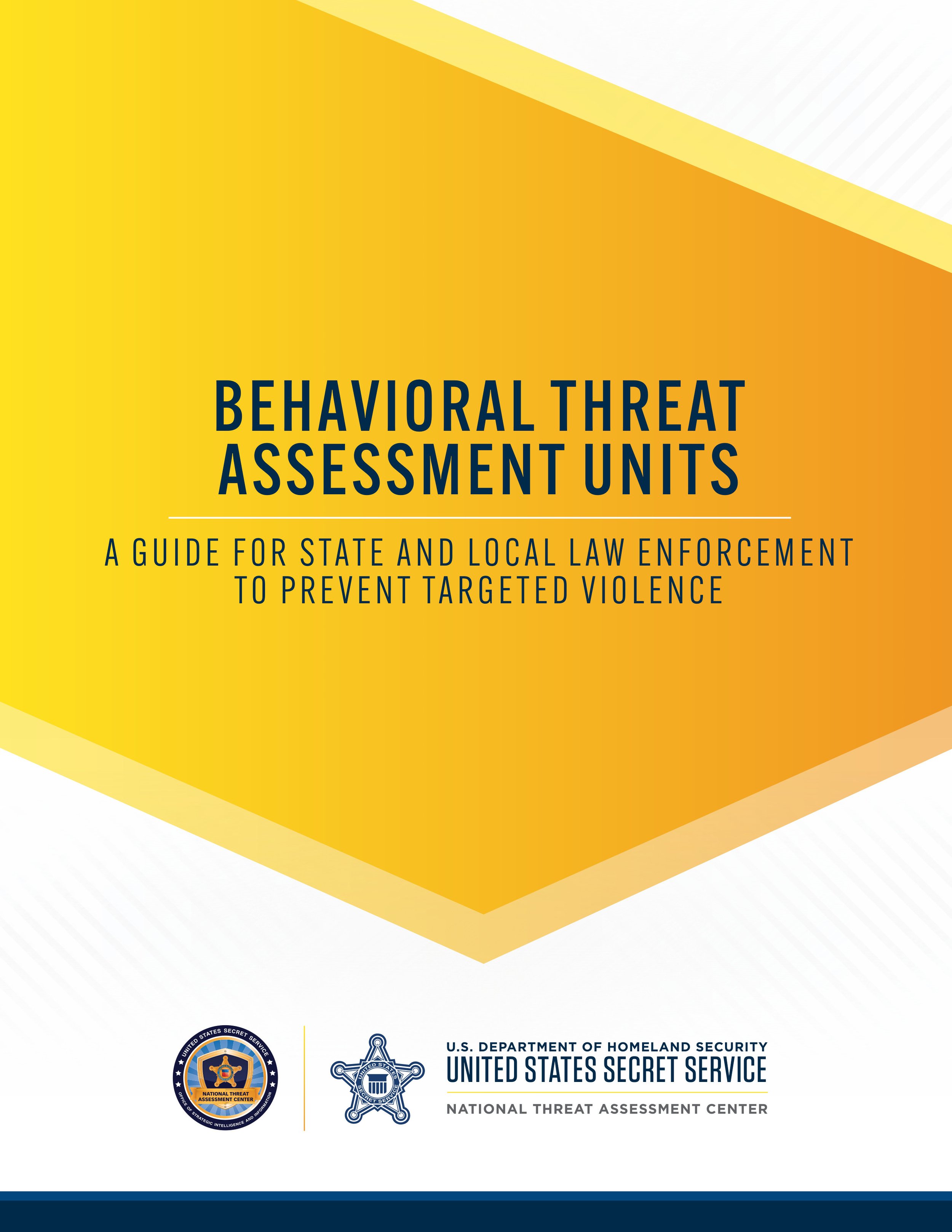By The New Jersey Office of the State Comptroller
The Office of the State Comptroller (OSC) is authorized to conduct audits, investigations, and reviews of Executive branch entities, including state and local police departments, to identify and prevent fraud, waste, and abuse in the expenditure of public funds. OSC initiated this investigation into Street Cop Training (Street Cop or the Company) after receiving information that public funds were spent to send New Jersey police officers to a six-day conference in October 2021 in Atlantic City that trained officers on questionable policing tactics and contained offensive and discriminatory content (the Conference). Street Cop is a New Jersey-based company. Around 990 law enforcement officers nationwide attended the Conference, with about 240 from New Jersey. The 240 New Jersey officers came from agencies across the state, working at all levels of government—interstate, state, county, and municipal. The majority of these officers had their attendance paid for by their public employers. OSC’s investigation confirmed that at least $75,000 in public funds were directly spent by New Jersey entities on attendance at the Conference. This number does not include paid time off and/or paid training days relating to officers’ attendance. To conduct this investigation, OSC’s Police Accountability Project reviewed documents, videos, and other materials received from the Company, training centers, and various law enforcement agencies and departments with officers in attendance at the Conference, among other sources. OSC also consulted directives, regulations, policies, and case law, and conducted interviews of relevant witnesses. OSC also conducted a sworn interview with Street Cop’s founder and Chief Executive Officer, Dennis Benigno. OSC’s investigation uncovered alarming deficiencies in the police training provided at the Conference and a dangerous and potentially costly gap in the oversight of private post-academy police training. Currently, private post-academy police training in New Jersey is not regulated by the Attorney General, Police Training Commission (PTC), or any other designated entity. Among other things, OSC found: • Instructors at the Conference promoted the use of unconstitutional policing tactics for motor vehicle stops; • Some instructors glorified violence and an excessively militaristic or “warrior” approach to policing. Other presenters spoke disparagingly of the internal affairs process; promoted an “us vs. them” approach; and espoused views and tactics that would undermine almost a decade of police reform efforts in New Jersey, including those aimed at de-escalating civilian-police encounters, building trust with vulnerable populations, and increasing officers’ ability to understand, appreciate, and interact with New Jersey’s diverse population; and • The Conference included over 100 discriminatory and harassing remarks by speakers and instructors, with repeated references to speakers’ genitalia, lewd gestures, and demeaning quips about women and minorities. This kind of training comes at too high a price for New Jersey residents. The costs of attendance for training like this is small in comparison to the potential liability for lawsuits involving excessive force, unlawful searches and seizures, and harassment and discrimination. It is well-documented that state and local entities in New Jersey spend millions of dollars litigating these types of allegations. Between 2012 and 2018, over 100 excessive force lawsuits were brought against officers and departments in New Jersey. 1 And in 2022, just one excessive force lawsuit cost a New Jersey county $10 million. 2 The costs of lawsuits alleging discrimination or harassment can be just as expensive. By one estimate, from 2019 to 2023, New Jersey police departments agreed to pay at least $87.8 million to resolve claims of misconduct by officers, and many of those claims involved harassing and discriminatory behaviors. 3 Of course, these quantifiable high dollar amounts do not include the immeasurable and hidden cost to the victims, their families, and their communities. Quality police training can play a crucial role in ensuring law enforcement is equipped with the knowledge, expertise, and experience to navigate complex and difficult situations safely. But training that encourages officers to employ techniques that violate civil liberties, disparage legitimate public safety initiatives, undermine police reform efforts, and promote a toxic culture in which women and racial and ethnic minorities are made to feel unwelcome — this is not training that should be paid for with New Jersey’s public money. In light of these findings, and because Street Cop and other private police training companies who receive public funds operate without oversight or regulation by the Attorney General, PTC, or any other designated organization, OSC makes nine recommendations. OSC is also making a number of referrals to appropriate agencies, including to the Attorney General, the Division on Civil Rights, and internal affairs departments for further investigation into OSC’s publicly reported findings, and into additional concerning conduct identified in OSC’s review of the Conference presentations.
Trenton: New Jersey Office of the State Comptroller, 2023. 43p.













